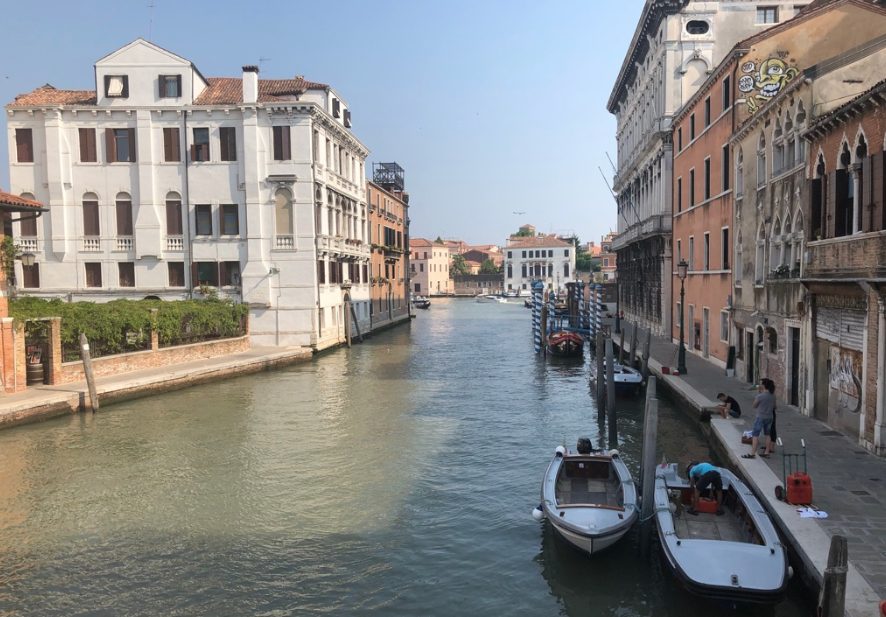As the pandemic known as Covid-19 has ripped through the world, modern life has ground to a halt, leading to some unforeseen environmental effects.
One such effect being a stark improvement of air quality in areas significantly affected by Covid-19. For example, in regions such as China and Italy, where industry and transportation has slowed to a stand still, air pollution has decreased notably compared to air quality reports recorded from last March and April.
“It is encouraging to hear this news and to see the images showing the improvement to air quality in these areas. But scientists of course will be carefully evaluating other factors in the atmosphere that could also be influencing the air quality at this time,” said AICE Environmental teacher, Mrs. Renzette. “Even with that being said, it doesn’t take away from the fact that people in regions like Italy, China, and India must certainly be enjoying the beauty and clarity of their atmosphere without the smog, regardless of the factors responsible for it.”
Canal water in Venice, Italy has also been reportedly clearer than ever, with no boat activity to stir up the dirt at the bottom of the rivers. Social media users were also shocked at the return of fish, ducks, and even jellyfish to the canals.
This effect on wildlife has been seen across the world. For example, in Japan, sika deer that had been living in Nara Park were spotted in urban areas in search of the food they had been previously supplied by tourists.
Though the pandemic has had a seemingly positive effect on the environment, no “silver-lining” can overshadow the tragedy the disease has had on the people of the world, and it can be hoped that society is able to grow from such an affliction and learn the effects we have on each other and our environment.









